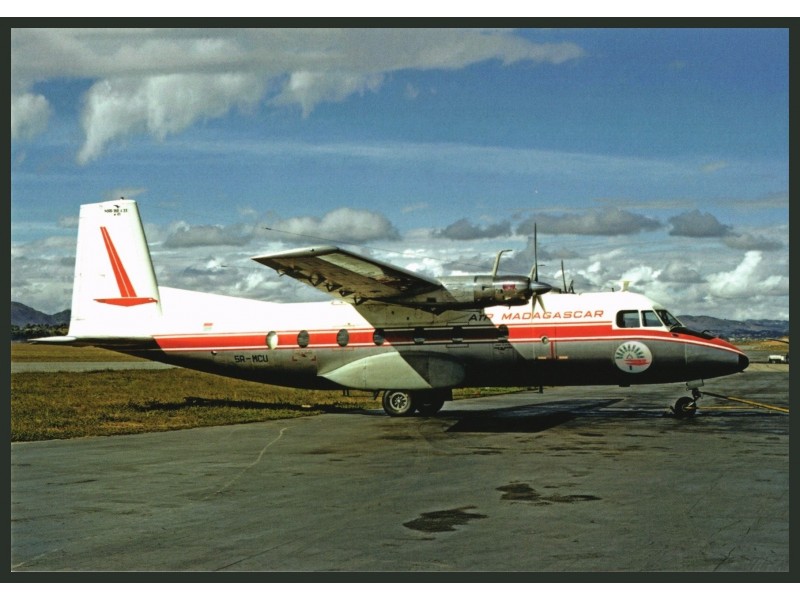The Rich Biodiversity of Madagascar: A Treasure Trove of Nature

Introduction
Madagascar, the fourth largest island in the world, is renowned for its extraordinary biodiversity. This unique island, located off the southeast coast of Africa, is home to thousands of species that can be found nowhere else on Earth. Understanding and preserving Madagascar’s rich ecosystem is crucial not only for ecologists but also for the global community, as these species play vital roles in ecological balance and provide insights into evolution and conservation.
Unique Flora and Fauna
Madagascar is often called the ‘evolutionary laboratory’ due to its unique wildlife. Around 90% of its wildlife is endemic, meaning these species exist only in Madagascar. Iconic species include the lemurs, which are a symbol of the island, and the fossa, a unique carnivorous mammal. Additionally, Madagascar is home to a diverse range of flora, including the famous baobab trees and various orchids. The island’s diverse ecosystems, from rainforests to dry deciduous forests, harbour a high level of endemism.
Recent Conservation Efforts
Despite its unique biodiversity, Madagascar faces significant threats due to deforestation, climate change, and habitat destruction. Recent efforts by local communities and international organisations aim to protect and conserve Madagascar’s natural heritage. Initiatives like the ‘Protected Areas Programme’ have established numerous national parks and reserves to safeguard critical habitats. These efforts are supported by ecotourism, which provides sustainable income while raising awareness about conservation.
Challenges Ahead
While progress is being made, challenges remain. Illegal logging and land conversion for agriculture continue to pose threats to Madagascar’s ecosystems. The government, alongside global conservation organisations, must implement stronger policies and protections while engaging local communities to foster sustainable practices that respect both economic needs and ecological integrity.
Conclusion
Madagascar’s unique biodiversity is a critical part of the global ecological framework. As a haven for countless species and ecosystems, it warrants urgent attention and conservation efforts. The collective responsibility of all stakeholders, including governments, local communities, and global citizens, is essential in the fight to preserve this remarkable island. Ensuring the survival of Madagascar’s biodiversity is not merely a local concern, but a global imperative, as the loss of these species would mean irreparable damage to Earth’s biodiversity and future.









